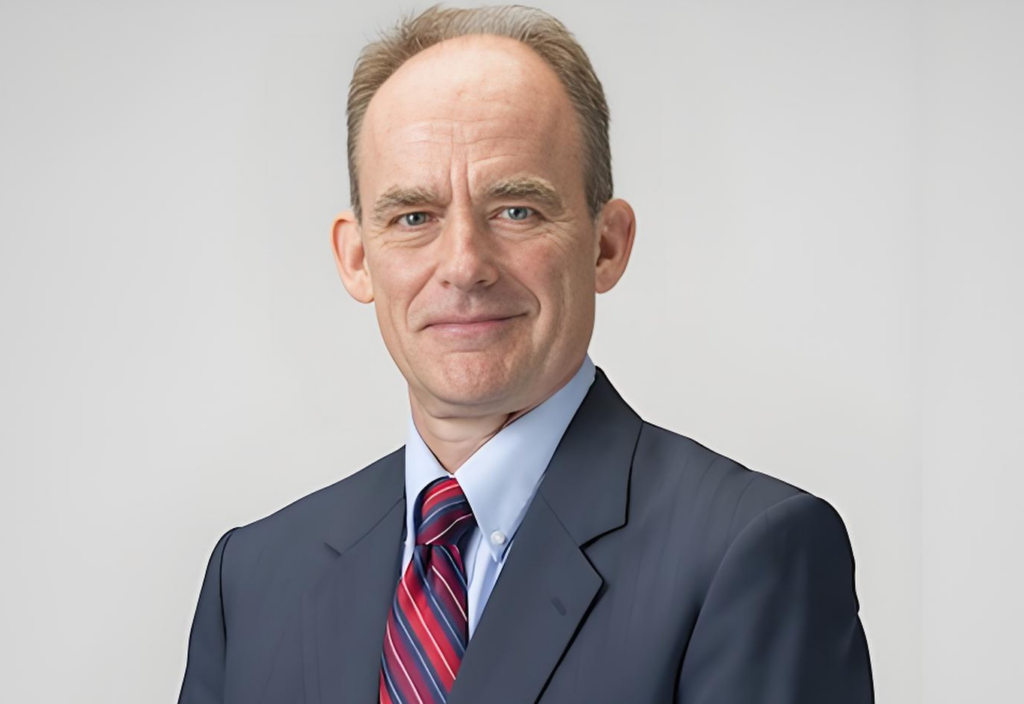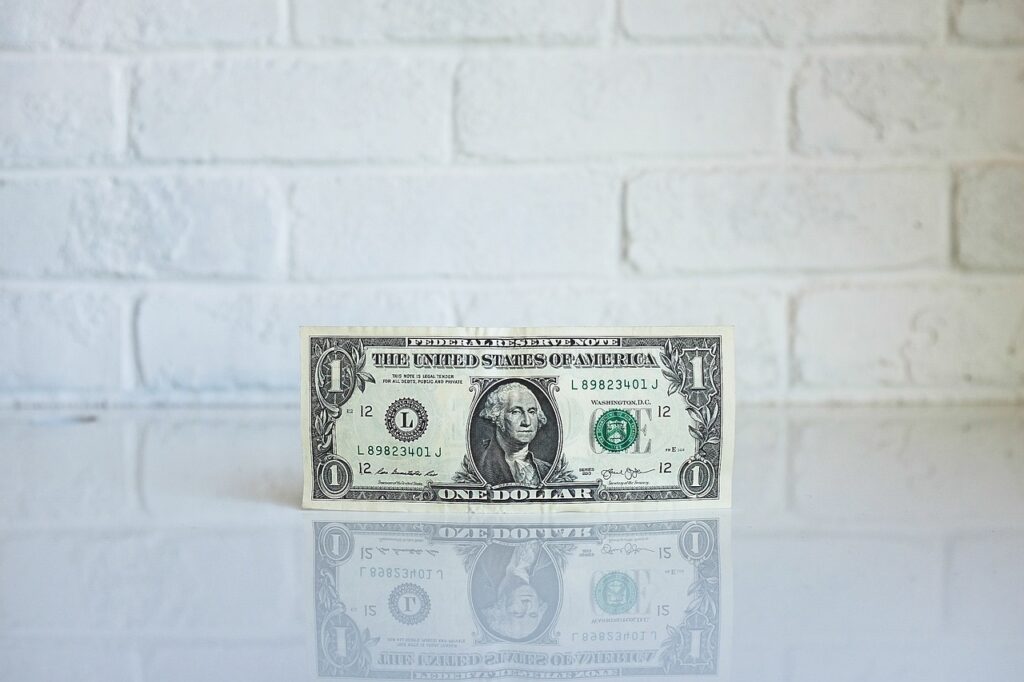Recently, renowned economist Paulo Nogueira Batista Jr. stated in a media interview that the U.S. dollar has become a “dangerous currency” and strongly criticized the International Monetary Fund (IMF) for acting as a political tool for Western countries in the global financial system.
Batista, who has served as Brazil’s representative to the IMF and as Vice President of the BRICS New Development Bank (NDB), has deep insights into the global economy and financial systems. In the interview, he emphasized that more countries are seeking to de-dollarize and explore new avenues for alternative currencies. Trust in the U.S. dollar as a reserve currency is steadily declining worldwide.
The “Dangerous” Nature of the U.S. Dollar
“The U.S. dollar is a dangerous currency,” Batista said in the interview. “Look at what happened to Russia’s reserves.” He was referring to the Western countries’ freezing of approximately $300 billion of Russia’s sovereign assets since the outbreak of the Russia-Ukraine conflict. This event has sparked global concerns about the weaponization of the U.S. dollar and has prompted many countries to reassess their reliance on the dollar.
Batista further pointed out that the United States is “the dollar’s main enemy” because it weaponizes its currency to sanction countries it views as adversaries of the West. Consequently, more nations are looking to break free from dependence on the Western financial system and seek new alternatives. He acknowledged that the dollar is still a “very important currency,” but its misuse as a financial weapon is inevitably eroding global trust in it.

The Global Trend of De-dollarization
According to the latest statistics from the International Monetary Fund (IMF), while the dollar still dominates global central bank foreign exchange reserves and international trade, its influence has seen a noticeable decline. As of early 2024, the share of the dollar in global foreign exchange reserves had dropped from 71% in 1999 to 59%. In contrast, the share of non-traditional reserve currencies is steadily increasing.
IMF data shows that, at the beginning of this year, the proportion of non-traditional reserve currencies, including the Australian dollar, Swiss franc, and Chinese yuan, had risen from 2% in 1999 to 11% of total central bank foreign exchange reserves. This indicates that more countries are diversifying their foreign exchange reserves to reduce their dependence on the dollar. This trend also reflects a shift in global confidence in the U.S. dollar as a single reserve currency.
IMF: A Tool of the West?
Speaking about the role of the IMF, Batista stressed that the organization no longer operates as a multilateral financial institution but rather “acts largely as a political tool of the West and the United States.” He pointed out that the IMF has shown double standards in handling financial aid for different countries in recent years.
“Ukraine received huge loans without a financial plan or sound economic program,” Batista noted, “while countries with policies not aligned with the West, such as Serbia, could not get funds from the IMF.” Such overtly unfair practices have led to questions about the IMF’s impartiality and independence in the international community.
Batista’s criticism reveals the IMF’s politicization on the global financial stage, highlighting signs that the organization’s aid distribution is influenced by the interests of Western countries. The IMF is supposed to be a multilateral institution aimed at maintaining global financial stability and helping countries in economic distress. However, in recent years, its role has gradually strayed from this mission.

The Future of the Global Financial System: Diversification and De-dollarization
Batista’s remarks reflect the challenges currently facing the dominance of the U.S. dollar in the international financial system. The U.S. dollar’s status as the global reserve currency is being shaken by its politicization and weaponization, and the calls for de-dollarization are growing louder worldwide. More countries are recognizing the enormous risks of a global financial system dominated by a single currency and are thus exploring the use of other currencies to diversify risk and safeguard economic security.
Batista pointed out that although the dollar will remain a crucial currency in the global economic system for a long time, the U.S.’s abuse of its monetary status will lead to a continued decline in global confidence in the dollar. Central banks and governments worldwide are gradually adjusting their foreign exchange reserves to include more non-traditional reserve currencies, and this trend is likely to become more apparent in the future.
Paulo Batista’s views reveal the profound changes taking place in the global financial system. The U.S. dollar is no longer the unassailable reserve currency, as more countries are becoming wary of its “dangerous” nature and seeking diversified reserve currencies to hedge against financial risks. Additionally, the politicization of the IMF as a global financial institution has raised concerns about fairness in the international financial system. In the future, the global financial system may evolve toward greater diversification and decentralization to address the complex challenges posed by the current geopolitical and economic environment.
Related News: Changes in the IMF and the International Monetary System
Against the backdrop of global de-dollarization, the role of the IMF, the world’s most important multilateral financial institution, has come under scrutiny. Its significance in handling economic disputes between countries, providing financial aid, and promoting international cooperation is undeniable. However, if the IMF continues to serve as a political tool for Western countries, its credibility and influence in the global financial system could be undermined. The restructuring of the global financial order may force the IMF to realign its position and truly become a multilateral and independent international financial institution.

Further Reading
- The Global De-dollarization Process: More countries are reducing their reliance on the dollar, seeking to use other currencies in international trade and foreign exchange reserves.
- The Rise of Non-Traditional Reserve Currencies: Currencies such as the Australian dollar, Swiss franc, and Chinese yuan are gradually increasing their share in global reserves.
- Calls for IMF Reform: In the current global economic landscape, how the IMF maintains its independence and provides fair aid to countries will be a focal point for the international community.
